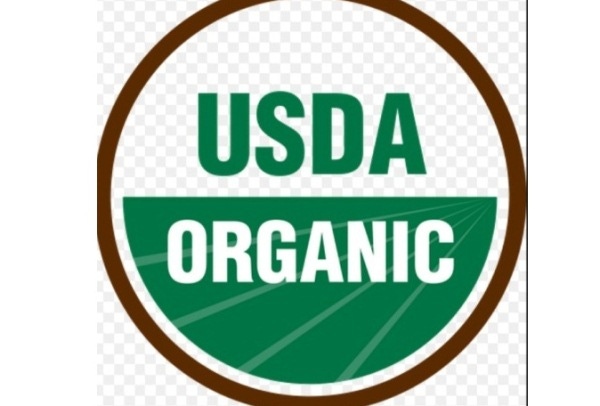U.S. Organic Industry is Growing
March 21, 2014

The United States Department of Agriculture (USDA) announced new figures this week that show the organic industry continues to grow domestically, as well as globally, with over 25,000 certified organic operations in more than 120 different countries around the world.
Through the Agricultural Marketing Service's National Organic Program, USDA has helped an additional 763 producers become certified organic in 2013, an increase of 4.2 percent from the previous year. The industry today encompasses a reported 18,513 certified organic farms and businesses in the United States alone, representing a 245 percent increase since 2002. The 2013 list of certified USDA organic operations shows an increased rate of domestic growth within the industry.
Like what you’re reading? Subscribe to the National Hog Farmer Weekly Preview newsletter and get the latest news delivered right to your inbox every week!
"Consumer demand for organic products has grown exponentially over the past decade. With retail sales valued at $35 billion last year, the organic industry represents a tremendous economic opportunity for farmers, ranchers and rural communities," said Agriculture Secretary Tom Vilsack. "New support in the 2014 Farm Bill will enhance USDA's efforts to help producers and small business tap into this market and support organic agriculture as it continues to grow and thrive."
USDA has a number of new and expanded efforts to connect organic farmers and businesses with resources that will ensure the continued growth of the organic industry domestically and abroad. USDA recently signed three major trade agreements on organic products, first with Canada and then with the European Union and Japan. Trading partners are eager to establish organic equivalency arrangements with the U.S. because they recognize the strength of the National Organic Program and the value of the USDA organic label.
USDA is also helping organic stakeholders access programs that support conservation, provide access to loans and grants, fund organic research and education, and mitigate pest emergencies. Funds are currently available for research projects under the National Institute of Food and Agriculture's Organic Agriculture Research and Extension Initiative to solve critical organic agriculture issues, priorities, or problems. The program also funds research projects to enhance the ability of organic producers and processors to grow and market their products. Additional information is available online, and request for proposals are due by May 8, 2014.
Additionally, the recently-signed 2014 Farm Bill includes provisions that to support to the organic community, including:
$20 million annually for dedicated organic research, agricultural extension programs, and education. The Cooperative Extension System is a nationwide, non-credit educational network. Every U.S. state and territory has a state office at its land-grant university and a network of local or regional offices staffed by experts that provide useful, practical, and research-based information.
$5 million to fund data collection on organic agriculture that will give policymakers, organic farmers, and organic businesses data needed to make sound policy, business, and marketing decisions
Expanded options for organic crop insurance to protect farmers
Expanded exemptions for organic producers who are paying into commodity "check off" programs, and authority for USDA to consider an application for the organic sector to establish its own check off
Improved enforcement authority for the National Organic Program to conduct investigations
$5 million for a technology upgrade of the National Organic Program to provide up-to-date information about certified organic operations across the supply chain
$11.5 million annually for certification cost-share assistance, which reimburses the costs of annual certification for organic farmers and livestock producers by covering 75 percent of certification costs, up to $750 per year
Additional information about USDA resources and support for the organic sector is available on the USDA Organics Resource page.
You might also like:
High Hog Prices Come with Complicated Consequences and a Positive Export Picture
Large Reductions Estimated in Hog Supply Due to PEDV
Exposing Sows to PEDV to Build Herd Immunity
You May Also Like


